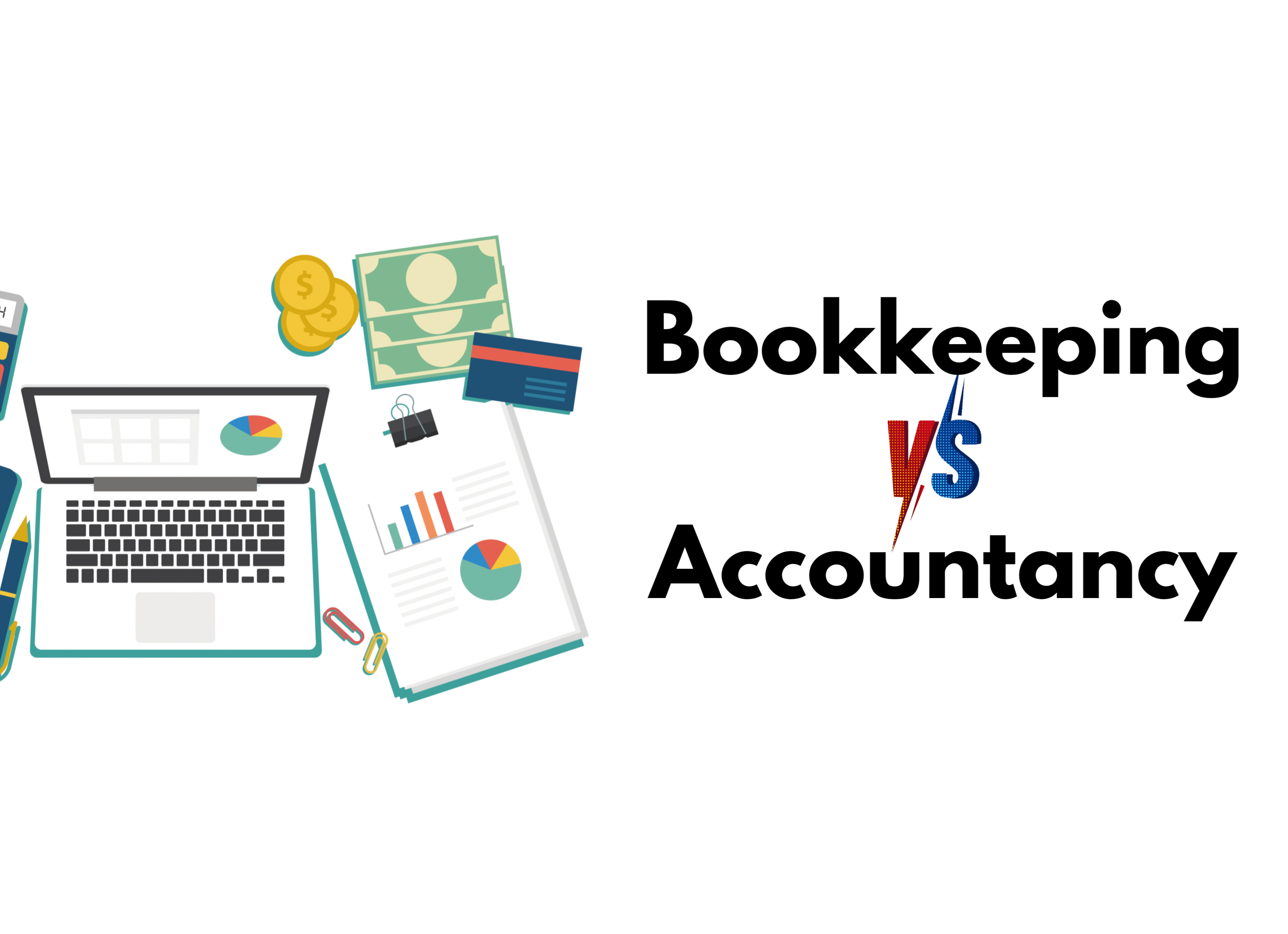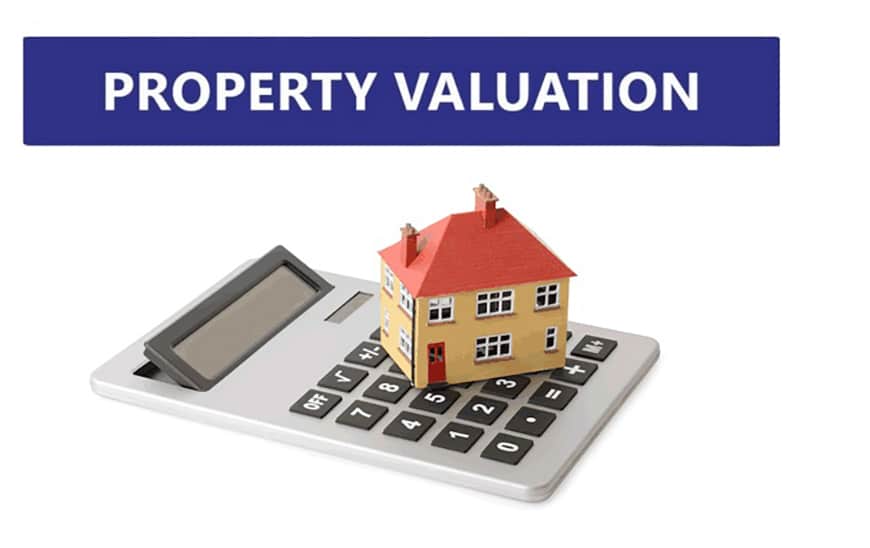Net worth vs Authorized capital?
Net worth vs Authorized capital Net worth vs authorized capital are two separate financial terms with distinct meanings and purposes. Here’s a comparison between the two: 1.Net Worth: Net worth refers to the total value of an individual’s or organization’s assets minus its liabilities. It represents the financial position or wealth of the entity.… Read More »









